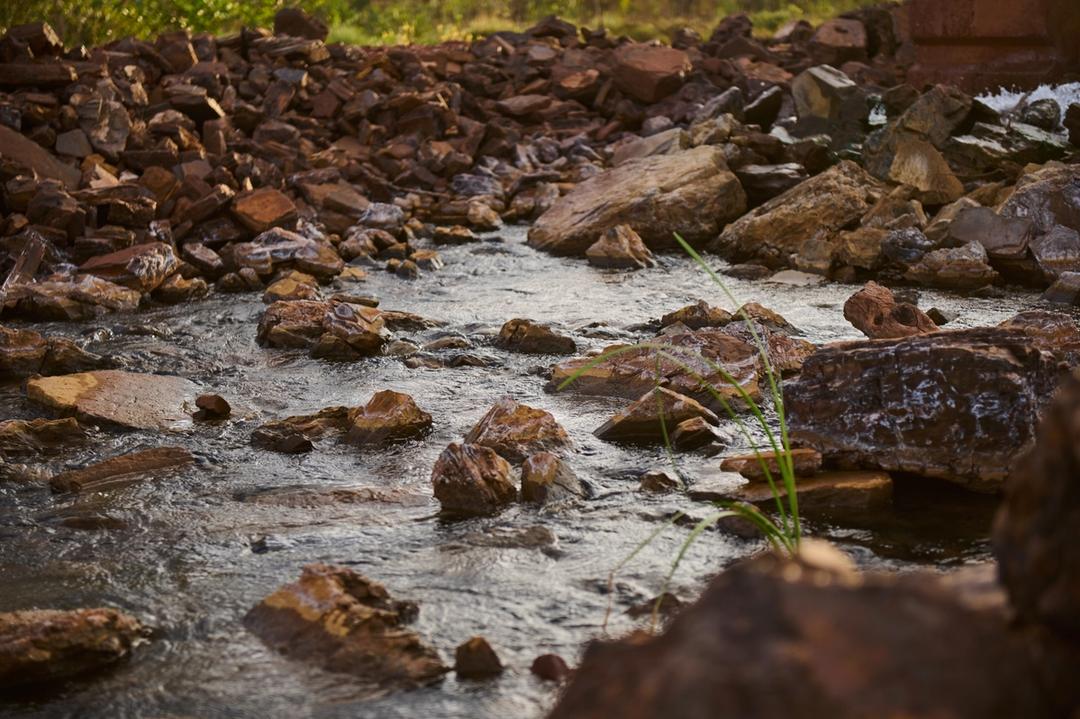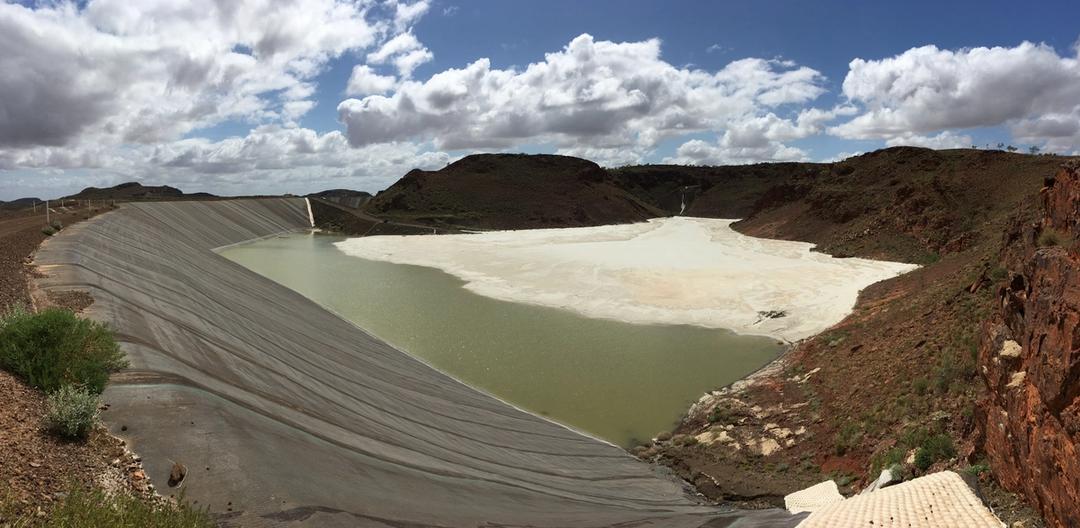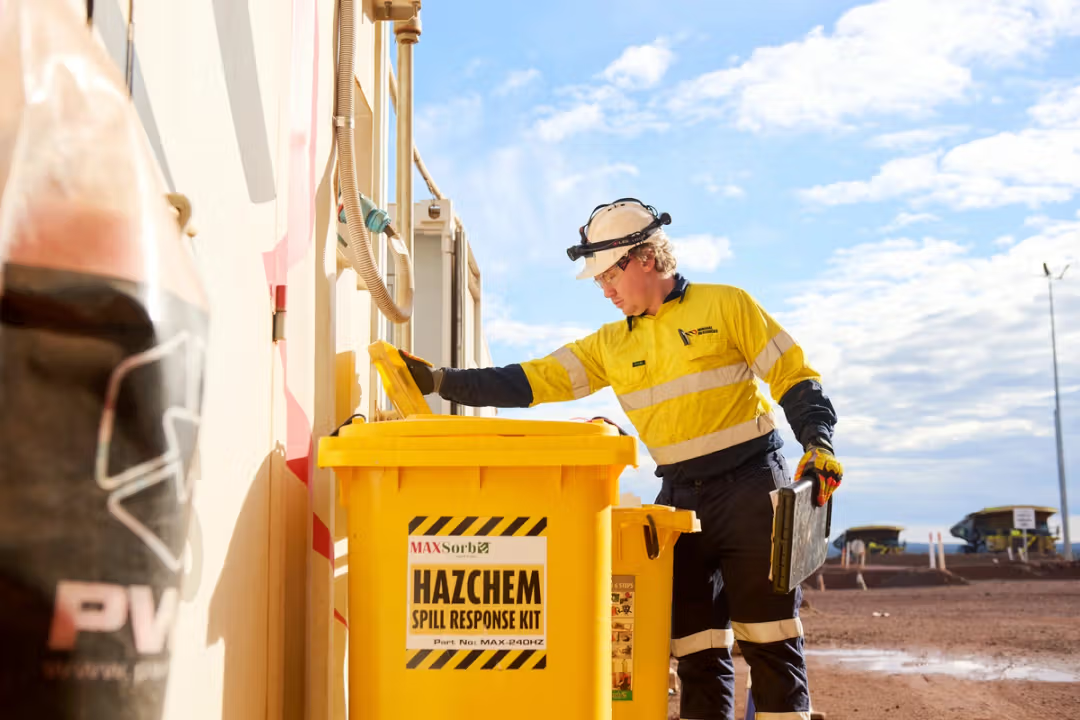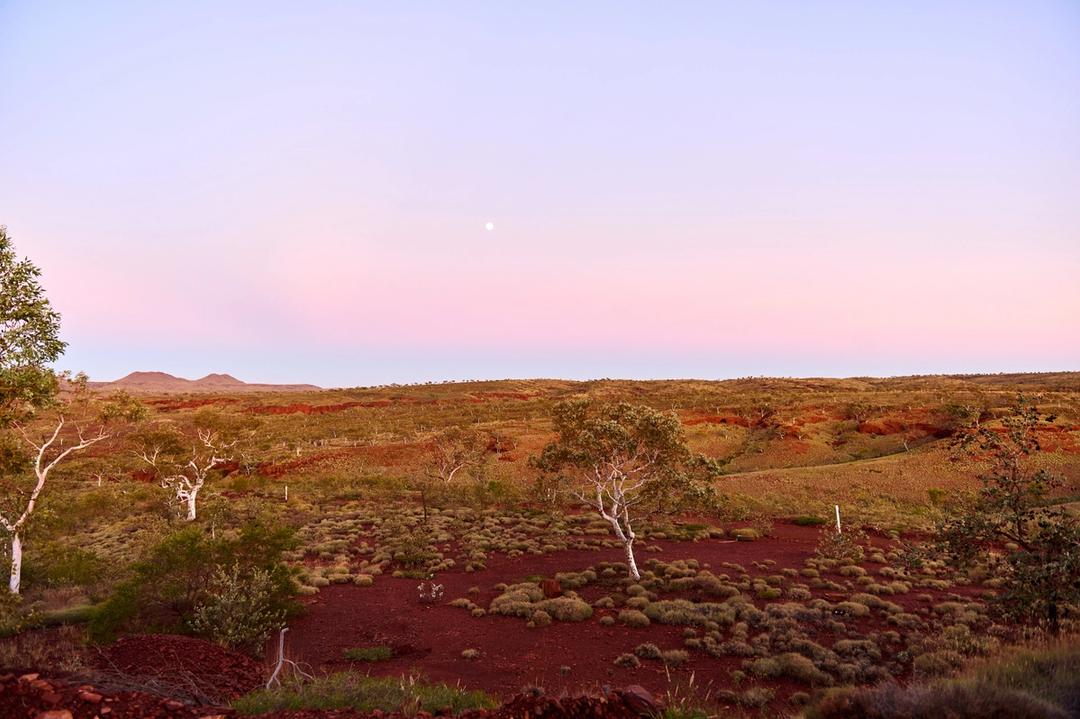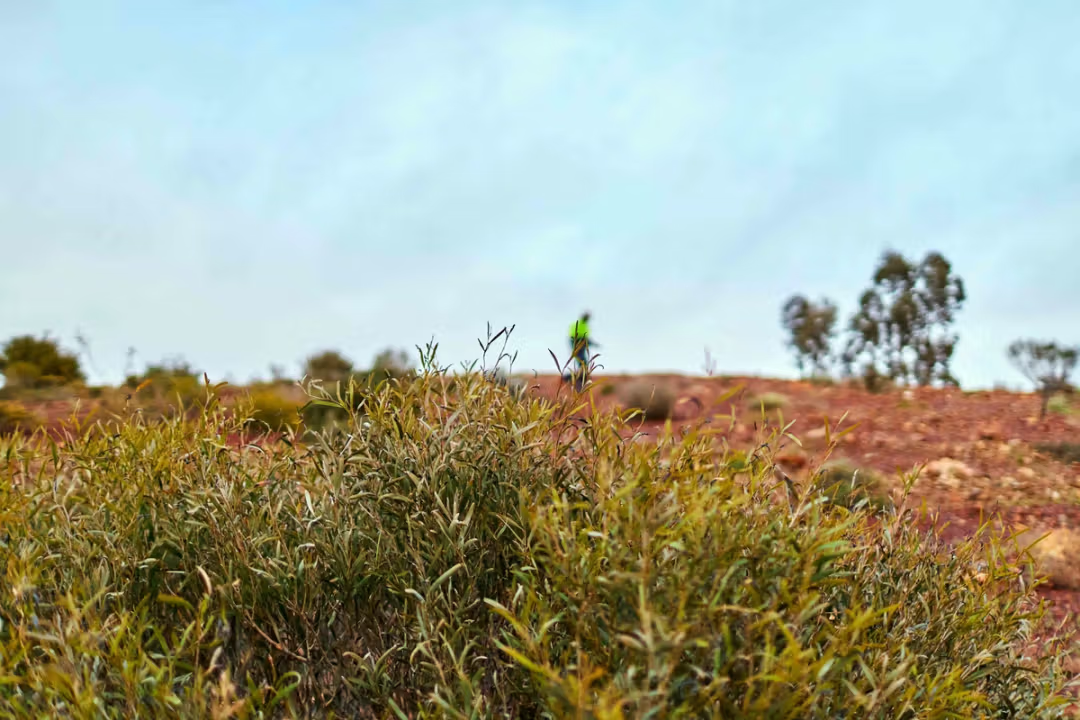Closure
We recognise that closure planning is an integral part of our business processes to ensure we leave our mining operations in a safe, stable, non-polluting and sustainable manner.
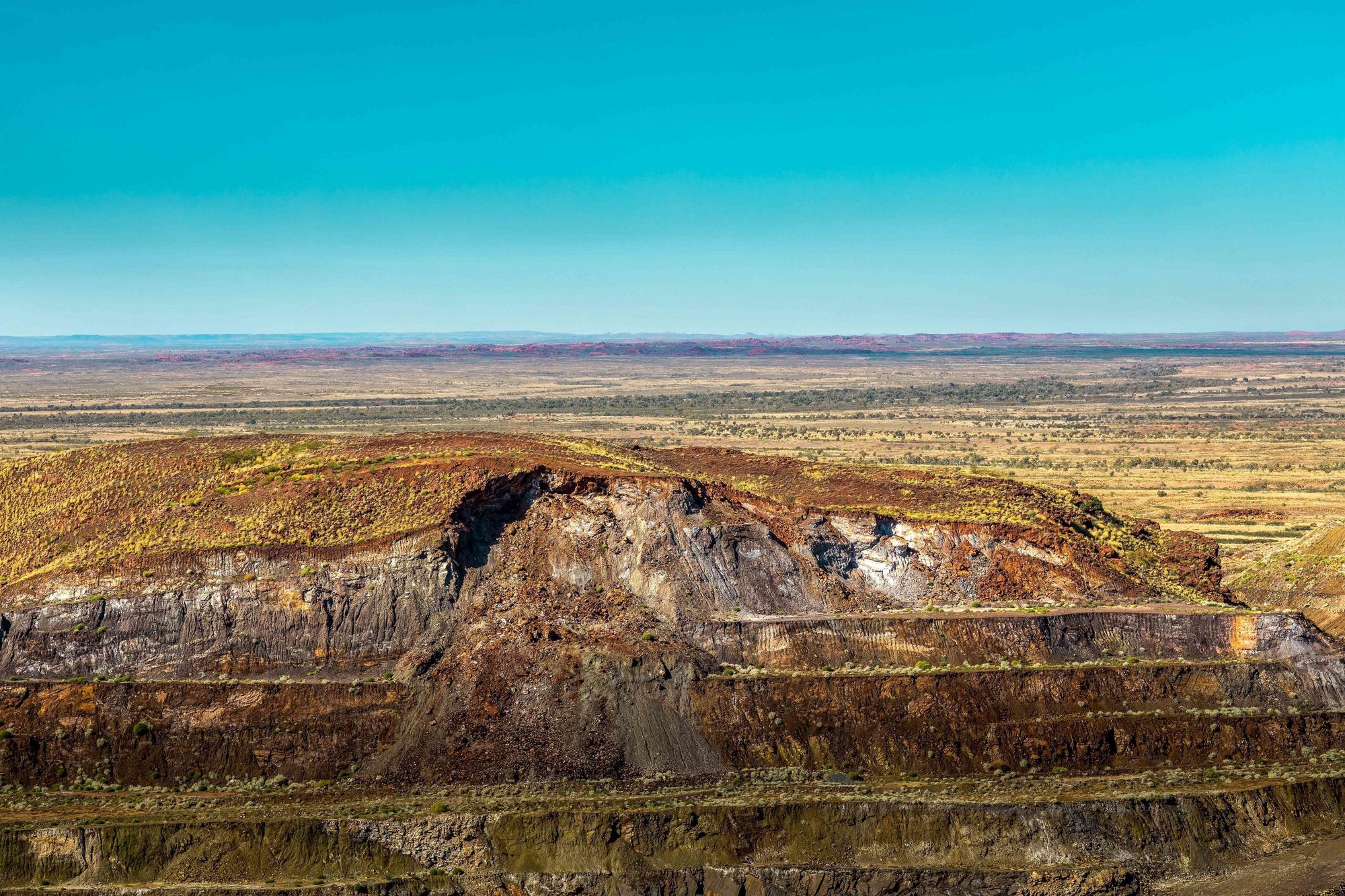
Our management approach
Our Environment Policy outlines our commitment to integrating closure considerations throughout all stages of our activities to transition to closure effectively.
We recognise the ongoing nature of closure commitments throughout the lifecycle of our mining operations and work to ensure closure management accounts for economic, environmental, social and governance issues.
We act in accordance with all applicable legislation and regulations and apply a mine closure framework with an emphasis on the purposeful management of closures to integrate existing business processes with our Stakeholder Engagement Management Plan.
The closure of our mining operations involves certain procedures to remedy and rehabilitate any environmental and social impacts on local communities.
There is a potential risk that environmental rehabilitation, ongoing monitoring and mine closure may be unsuccessful, delayed, subject to increased closure costs or involve conflict with local communities.
Ensuring the effective management of closure risks throughout the lifecycle of our operations is crucial to maintaining our social licence to operate.
In accordance with the Department of Energy, Mines, Industry Regulation and Safety guidelines, we review our operations closure plans at least every three years to ensure they are suitable to guide the implementation of rehabilitation and mine closure for a project.
Refer to our 2024 Sustainability Report for our rehabilitation performance.
Our mine closure framework:
- integrates with existing corporate strategies that detail and define requirements for business planning, investment evaluation, risk management and the minimum expectations of key business units to protect and create value for us and maintain our social licence to operate
- considers risks and opportunities to shareholder value and the communities and environment in which we operate
- helps us transition to closure effectively, ensuring that all risks are managed appropriately, and opportunities realised where possible.
Mine closure is a critical consideration during the feasibility phase of project planning, with estimates of closure liabilities generated using a combination of external third-party estimates and internal rates.
The cost models account for all facets of closure, from general earthworks and rehabilitation of waste rock landforms to decommissioning and removal of infrastructure, waste disposal, access restrictions and monitoring. This is used for internal budgeting and scheduling purposes.
Closing a mine site and obtaining regulatory signoff requires that the rehabilitation activities meet specific stakeholder-agreed completion criteria or performance indicators that are site-specific, scientifically supported and capable of objective measurement or verification.
MinRes’s dedicated mine closure and rehabilitation team delivers a wide range of closure and rehabilitation support to the wider business, from supporting mining approvals to operational management through to rehabilitation execution and monitoring. The mine closure and rehabilitation team includes subject matter experts in geology, geochemistry, ecology, and mine planning.


